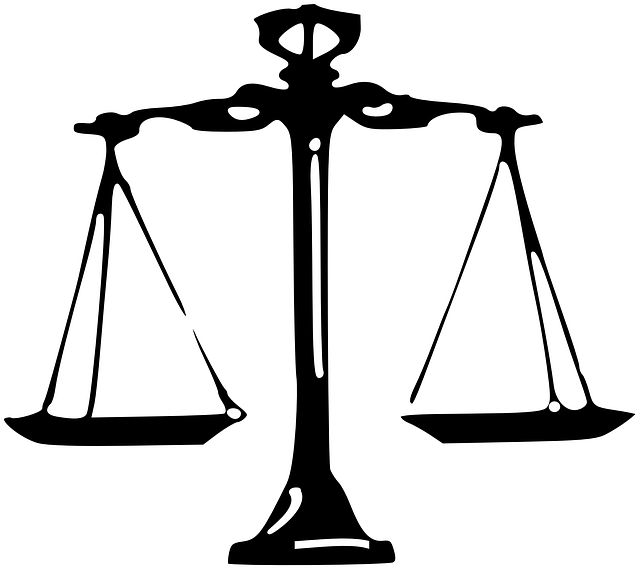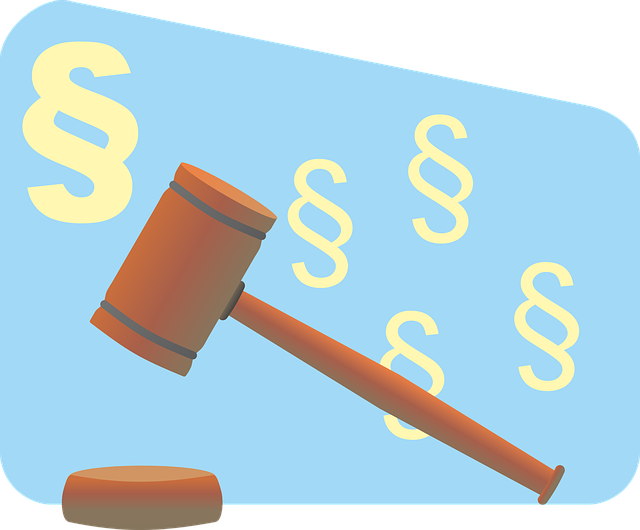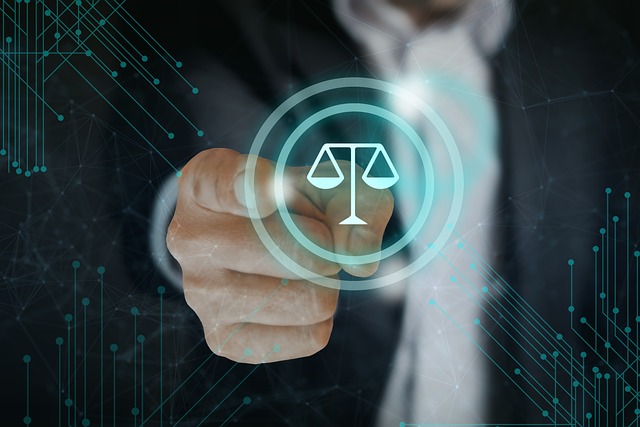Consumer protection suits are a crucial legal mechanism to protect individual rights against exploitative business practices, focusing on fair marketing, sales, and service delivery. These cases often overlap with labor law violations, particularly regarding employee rights. Consumers can take legal action for unfair practices, product liability, or data privacy breaches, potentially leading to jury trials holding companies accountable. Similarly, employees have specific rights under labor law violations, protecting them from discrimination and exploitation. Legal channels for redress compensate individuals and deter unethical corporate practices, fostering a more equitable workplace environment. Navigating these suits requires meticulous planning, evidence gathering, and specialized legal expertise, especially considering varying local laws.
Consumer protection suits play a vital role in safeguarding individuals from unfair business practices. This article delves into the legal landscape surrounding these suits, focusing on key aspects such as understanding consumer protection laws and their application, exploring employee rights under labor law violations, and providing a step-by-step guide to navigating the process of filing a consumer protection lawsuit. By understanding these protections, consumers and employees can better assert their rights and seek justice.
- Understanding Consumer Protection Suits: A Legal Perspective
- Employee Rights Under Labor Law Violations: Key Protections and Remedies
- Navigating the Process: Steps to File a Consumer Protection Suit
Understanding Consumer Protection Suits: A Legal Perspective

Consumer Protection Suits, from a legal standpoint, are an essential aspect of safeguarding the rights and interests of individuals in their dealings with businesses. These suits primarily focus on ensuring fair practices in marketing, sales, and service delivery, protecting consumers from fraud, misrepresentation, or any form of exploitation. When violations occur under labor law, particularly regarding employee rights, it highlights a crucial intersection between consumer protection and workplace justice.
In such cases, individuals or groups can take legal action against businesses for actions that go against consumer protection laws, including unfair business practices, product liability issues, or even data privacy breaches. The unique aspect of these suits is the potential for jury trials, where consumers have a direct say in holding businesses accountable. This democratic element ensures that businesses maintain an unprecedented track record of ethical conduct while fostering an environment where respect for respective business obligations and consumer rights is paramount.
Employee Rights Under Labor Law Violations: Key Protections and Remedies

In the event of labor law violations, employees have specific rights that are designed to protect them from unfair treatment and exploitation. These protections are vital for safeguarding workers’ interests, especially in cases involving white-collar offenses. When corporate entities or individual clients violate labor laws, employees can take action by asserting their respective business rights. This often involves seeking remedies such as back pay, reinstatement, or compensatory damages to rectify the harm suffered.
Key protections under Employee Rights Under Labor Law Violations include non-discriminatory hiring practices, fair compensation for overtime work, and safe working conditions. For instance, if an employer fails to pay minimum wage or violates overtime regulations, employees have recourse through legal channels. These remedies not only compensate individuals but also deter corporations from engaging in unethical business practices, fostering a more equitable and compliant workplace environment for all respective business stakeholders.
Navigating the Process: Steps to File a Consumer Protection Suit

Navigating the process to file a Consumer Protection Suit requires careful consideration and strategic planning. The first step involves identifying the specific violation under consumer protection laws, which could include Employee Rights under Labor Law violations. Understanding the details of your case is crucial as it forms the basis for your legal strategy. Once identified, gather all relevant documents, evidence, and records that support your claim. This might include contracts, pay stubs, emails, or any communication related to the violation.
Next, research and consult with experienced attorneys specializing in consumer protection law or white-collar defense. They can guide you through the legal procedures and help determine if your case aligns with the criteria for a Consumer Protection Suit. High-stakes cases often require a thorough understanding of the intricate laws involved and the potential impact on both personal and business interests, especially when considering compensation or injunctive relief. Keep in mind that the process may vary depending on local laws, so seeking professional advice is essential to ensure your rights are protected.
Consumer protection suits play a pivotal role in safeguarding individuals from unfair business practices, ensuring a level playing field. By understanding the legal framework, consumers and employees alike can exercise their rights effectively. Navigating these suits involves a structured process, as outlined in this article, which empowers individuals to seek justice for labor law violations and protect their consumer rights.






